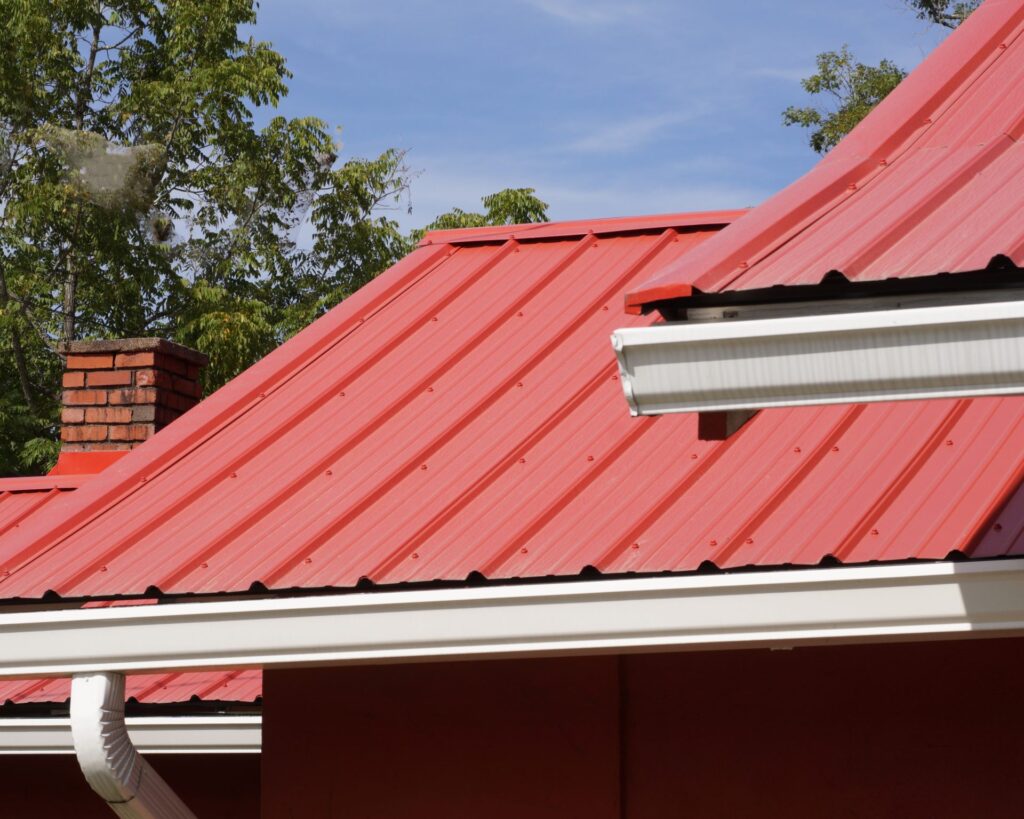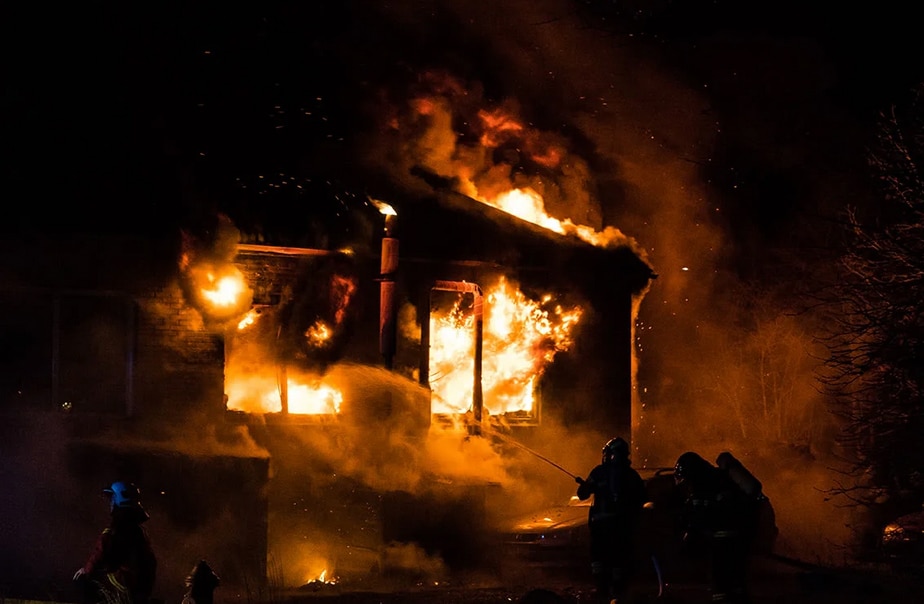Insurance Lawyer Advice for Purchasing Your Home
So, you’re buying your home in Texas or Oklahoma. Here are some valuable tips from insurance lawyers for your insurance policy. There are many variables when it comes to evaluating property insurance policies, so let’s jump into it.
The insurance lawyers at Stormlex Law Group need you to know the most important thing: your insurance policy is only as good as the wording inside of it. Most of us are just concerned with the price of the insurance. But understand there are ways to balance price with the value received if you can drill down on the basics behind your home insurance policy.
The problem is almost no one reads their policies and for those who try it’s like reading a foreign language. Insurance can be complicated with so many clauses, exceptions, and exclusions to think about. It is easy to get lost or close your eyes and pick one out of a hat. Usually, when people are upset with an insurance company, it is about not having the right information (or any information) before they file a claim.
Insurance companies are like robots; they follow their programming, meaning they follow the letter of the words in the policy and this is why it is so important to understand what you are signing up for.
Stormlex Tip: DO NOT ask your agent to “SIGN ME UP FOR THE CHEAPEST POLICY YOU HAVE.” You are essentially giving the insurance company permission not to pay the full value of your damages after you file your claim.
Tips for Deciphering the Code from an Insurance Lawyer
The coverages offered to you are usually outlined in three different policy forms. For example, the Homeowners Broad Form (HO-2), Homeowners Special Form (HO-3), and the Homeowners Comprehensive Form (HO-5).
These policy forms offer different levels of coverage. As a general rule the higher the HO number, the broader the coverage. The HO-2 policy offers limited coverage, the HO-3 offers intermediate coverage, but only covers specific events/perils listed (i.e. limited coverage) on the contents, whereas the HO-5 is considered the best form which covers personal property and the building for full coverage.
Bonus Questions to Ask Before Buying Home Insurance
- How does your policy cover various forms of water damage?
- Does coverage apply if a personal item is misplaced or disappears?
- What happens if my home is underinsured? Is there a capped payout?
- What happens if after a claim the neighborhood by-laws have changed and this increases the cost of rebuilding?
- What happens if I can’t find a contractor to perform the services for the amount of money the insurance company gives me to settle the claim?
- Will my claim be subject to depreciation? If so, how do I recover depreciation? What if I can’t afford to start the repair work because of the withheld depreciation?
- Is there a waiver of deductible if the loss reaches a certain amount? Does the policy contain certain coverages that are not subject to a deductible?
Work with an Insurance Lawyer
Due to the all too frequent and violent nature of storms that Texas is prone to, residents of San Antonio, Dallas, Austin, and other cities often experience significant property damage as a result. In your time of need and stress, you expect the insurance company to show up for you and your claim. That’s not always the case.
Negotiating with the insurance company can be a daunting and stressful task and Stormlex Law Group understands how essential it is to advocate for your rights and interests. Our insurance lawyers are prepared to present your case clearly and persuasively, using evidence and documentation to support your arguments.
Facing a denied insurance claim can be a challenging and overwhelming experience, but it’s important to remember that you have options and rights as a policyholder. By understanding your rights, gathering evidence, and seeking legal guidance, you can increase your chances of overturning the denial and obtaining the coverage you deserve.
If you are currently dealing with a denied claim, give us a call at 855-STORMS-4 (855-786-7674) or send us an email at info@stormlex.com
















